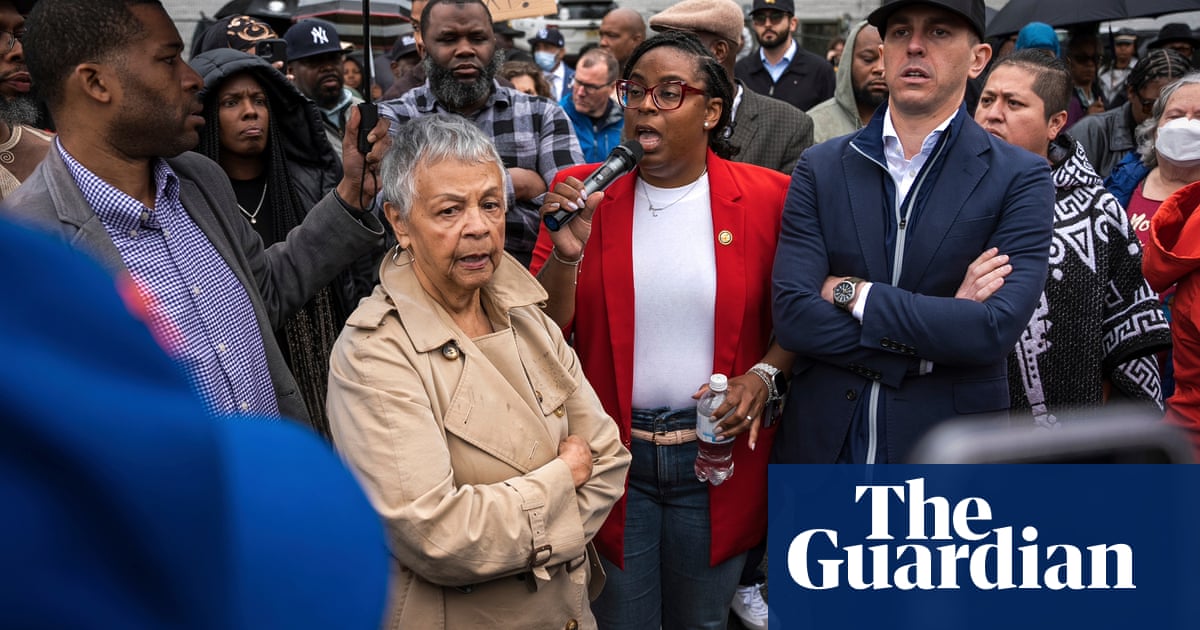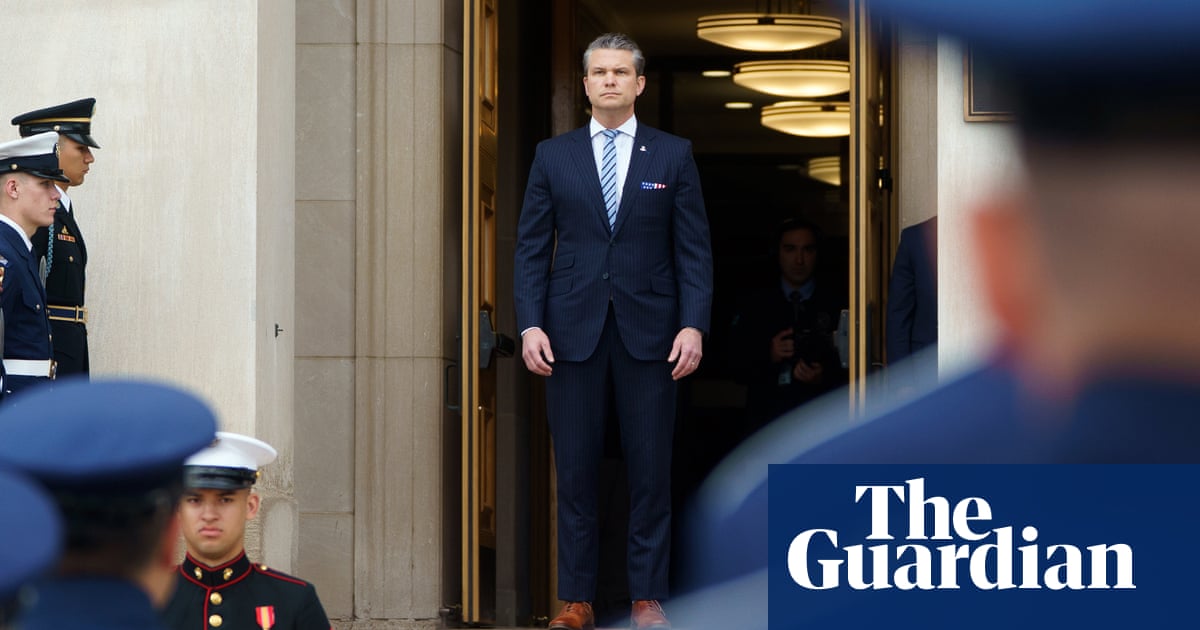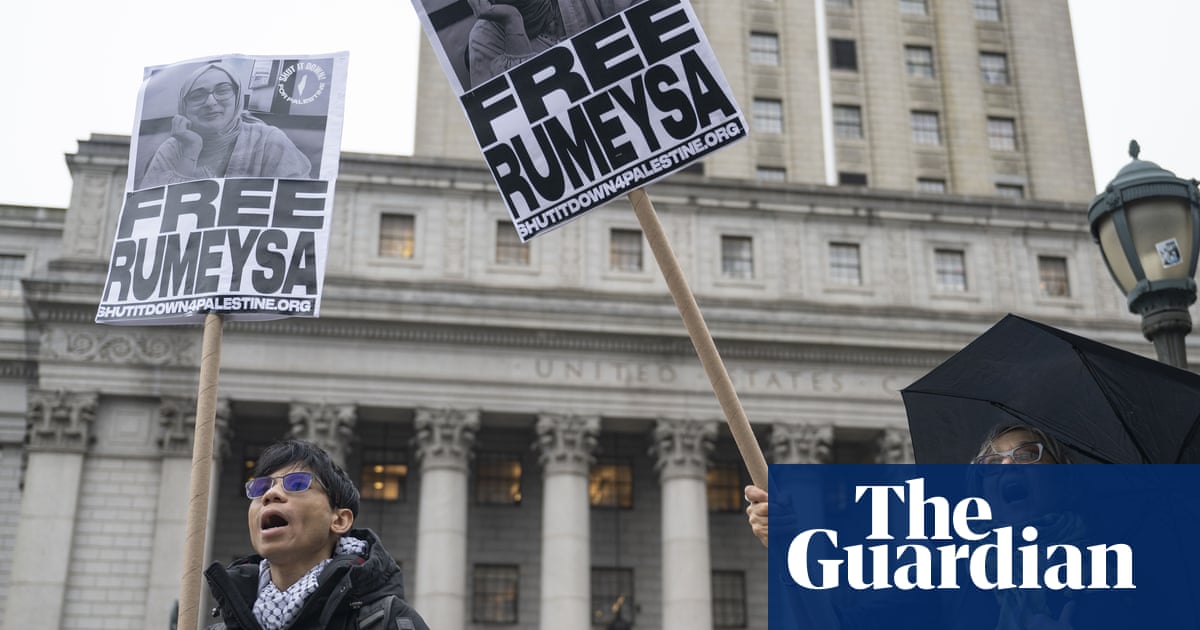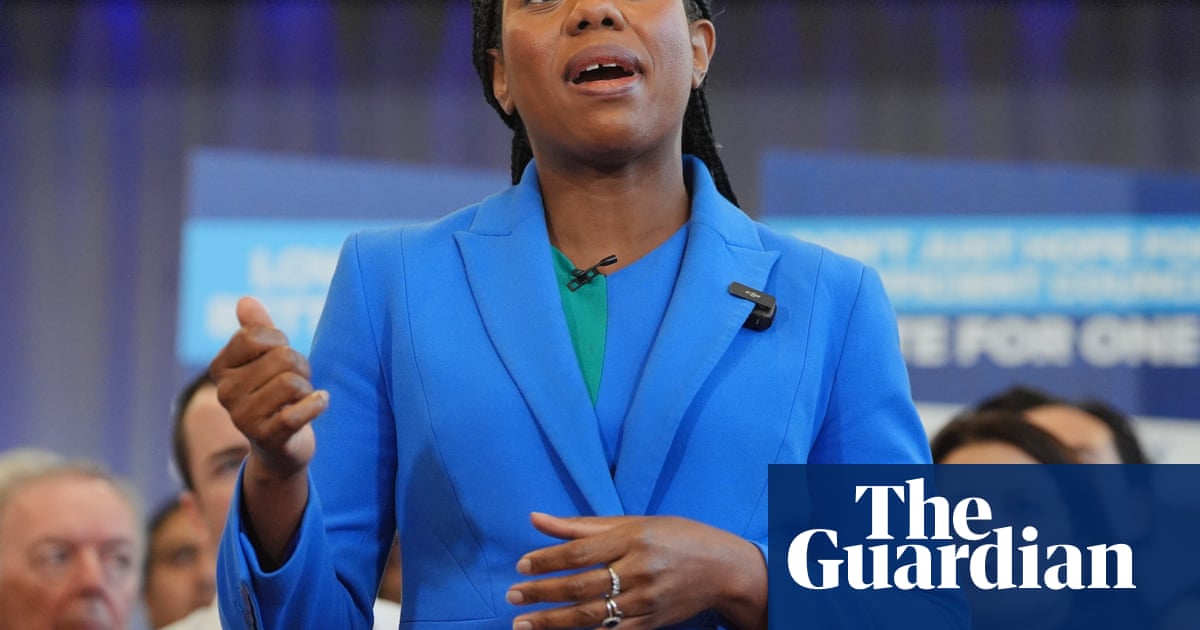Scientists around the US have described experiencing distress, disruption to their work and interruption of payments in the chaos following Donald Trump’s executive orders affecting federal grant money.
Among the funds caught in limbo in recent days were millions of dollars of congressionally appropriated research awards and grants across the vast networks of publicly funded scientific departments at universities, businesses and non-profits across the country.
Trump’s order hit a payment gateway operated by the National Science Foundation (NSF), a top funder of research in the US with an annual budget of about $10bn.
It was back online this week following a five-day outage that ended on Sunday – but not before affecting many scientists who expressed alarm about what the moves could mean for the future as they try to navigate Trump’s orders on diversity, equity and inclusion (DEI), climate and gender.
Trump’s efforts to pause federal funds was curbed by the courts, with a US district court judge in Washington on Monday granting a temporary restraining order, releasing funds that the executive order from Trump had blocked. “Our top priority is resuming our funding actions and services to the research community and our stakeholders,” said Michelle Negron, an NSF spokesperson, on Monday.
Late Wednesday there were reports the NSF was planning to lay off up to half of its staff.
The Guardian communicated with more than 20 NSF-funded scientists – astronomers, neuroscientists, oceanographers and more, from New York to Hawaii – who had been affected.
Some said funding requests made via the gateway before the outage had been delayed or cancelled, and had still not been processed. One researcher spoke of needing to borrow money from her parents to pay her rent, due on the first of the month.
Only a few were willing to go on the record. One Nasa climate scientist said she had been having trouble sleeping. Most said they hadn’t been able to get much work done over the past few days and had been formulating contingency plans with their research students and staff to prepare for potential lingering gaps in funding or enhanced political oversight.
“I and many colleagues are alarmed about the executive order to deport international students who participated in pro-Palestine protests,” said a developmental psychologist at a California university. “Typically I think I wouldn’t hesitate to be on the record. But the fact that the administration is using unclear political criteria to retrospectively evaluate grants, and is threatening to revoke visas for scholars’ political speech, makes speaking out seem risky.”
The journal Nature reported that about 10,000 existing grants had been flagged in recent days by NSF staff for potential cancellation using broad, catch-all keywords like “women” and “people of color”. Upcoming NSF review panels for new grants had already been postponed, foreshadowing an extended conflict between the Trump administration and academics.
“We have been told to document the ways that we’re changing our grant-funded work to remove DEIA, which is hard because all of our research is related to deaf people,” said a scientist who works at an east coast university.
Another researcher, a startup businesswoman who is still missing a $25,000 final reimbursement payment from the NSF due to last week’s outage, fears the uncertainty could put a stop to her work to develop new composite materials to make homes more energy-efficient. “Without that last reimbursement, layoffs are imminent, and the future of the company looks grim – despite the incredible commercial potential of our products,” she said.
Some scientists were in the process of establishing secured, private communications channels among themselves in an effort to coordinate their actions to maintain academic freedom under an increasingly restrictive presidential administration.
after newsletter promotion
“My peers and I feel extreme stress and fear,” said Diana Macias, a biologist studying the impact of climate change on pine forests at the University of California at Berkeley.
Macias’s work is intended to improve the resilience of semi-arid forests across the south-west US to drought and climate change – and could help inform Trump’s stated goals to improve forest management and reduce the impact of wildfires. Macias also participates in the Pinyon Community Climate Action (Picca) project, a research partnership among the University of California, federal agencies, NGOs and tribal members of the region.
The NSF director Sethuraman Panchanathan, who is a first-term Trump appointee, sent a stop-work order by email last week instructing all NSF-funded scientists to “cease all non-compliant award and grant activities”. Scientists said they have not received further clarification from the NSF on exactly which activities would not be compliant.
“We are working expeditiously to conduct a comprehensive review of our projects, programs and activities to be compliant with the existing executive orders,” said Negron.
She referred clarifying questions on broader implementation of Trump’s executive orders to an FAQ on the NSF website, which reads: “The [temporary restraining order] does not impact the ongoing review of our award portfolio to identify active grants in the context of recent Executive Orders. We will continue the comprehensive review of our award portfolio.”

 3 months ago
44
3 months ago
44













































